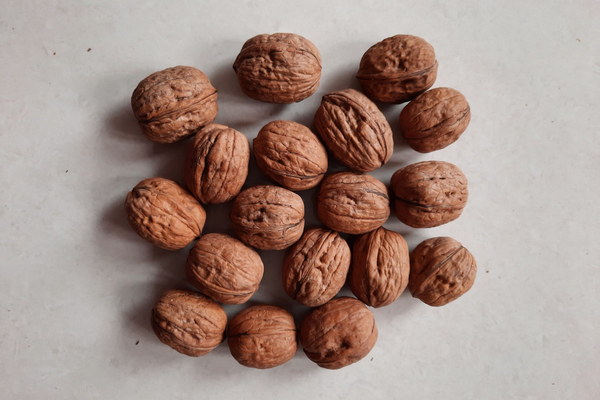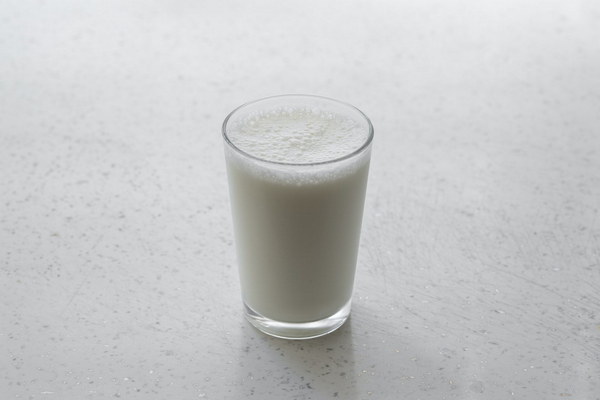Harmonize Your Life The Art of Chinese Medicine for Health and Wellbeing
In a world where the fast-paced lifestyle often takes precedence over self-care, the ancient wisdom of Chinese medicine offers a beacon of balance and harmony. Rooted in the belief that the body, mind, and spirit are interconnected, Chinese medicine emphasizes the importance of maintaining a healthy lifestyle through natural and holistic approaches. This article delves into the essence of Chinese medicine, exploring its core principles and practical tips for achieving health and well-being.
Understanding Chinese Medicine
Chinese medicine, also known as Traditional Chinese Medicine (TCM), is an ancient practice that has been around for over 5,000 years. It is based on the concept of Yin and Yang, the belief that everything in the universe is composed of these two complementary forces. In TCM, the aim is to restore and maintain the balance of Yin and Yang within the body to prevent illness and promote healing.

Core Principles of Chinese Medicine
1. Holistic Approach: Chinese medicine views the body as an integrated system where physical, emotional, and spiritual aspects are interconnected. By addressing the root cause of illness, TCM aims to restore overall balance and well-being.
2. Qi (Chi): Qi is the vital life force that flows through the body. TCM believes that a healthy Qi leads to good health, while an imbalance or blockage in Qi can cause disease. Acupuncture, herbal medicine, and other TCM practices are designed to restore Qi flow.
3. Yin and Yang: As mentioned earlier, Yin and Yang are the two complementary forces that make up the universe. In the body, Yin represents the cool, slow, and passive aspects, while Yang represents the hot, active, and dynamic aspects. Achieving balance between Yin and Yang is essential for health.
4. Five Elements: The five elements—wood, fire, earth, metal, and water—are fundamental to TCM. Each element corresponds to different organs and body systems, and maintaining balance among them is crucial for health.
Practical Tips for Health and Well-being
1. Acupuncture: Acupuncture involves inserting fine needles into specific points on the body to stimulate Qi flow. It can be used to treat a wide range of conditions, from pain to stress and anxiety.
2. Herbal Medicine: TCM utilizes a vast array of herbs to treat various health issues. These herbs work synergistically to restore balance and support the body's natural healing processes.
3. Diet and Nutrition: A balanced diet is essential in TCM. Foods are categorized based on their properties and are used to balance Yin and Yang. For example, cooling foods like cucumbers and melons are recommended during hot weather, while warming foods like ginger and garlic are ideal for colder months.
4. Tai Chi and Qigong: These gentle, meditative exercises focus on breath, movement, and mindfulness. They help improve flexibility, balance, and overall mental and physical health.
5. Meditation and Stress Reduction: Reducing stress is vital for maintaining health in TCM. Practices like meditation, yoga, and deep breathing exercises can help calm the mind and promote relaxation.
6. Regular Self-Care: TCM emphasizes the importance of self-care, including adequate sleep, exercise, and relaxation. By taking care of oneself, one can prevent illness and maintain good health.
In conclusion, Chinese medicine offers a unique and holistic approach to health and well-being. By embracing its core principles and incorporating practical tips into daily life, individuals can achieve a greater sense of balance, harmony, and vitality. As the ancient wisdom of Chinese medicine continues to gain popularity in the modern world, it serves as a reminder that true health lies in the balance of the body, mind, and spirit.









